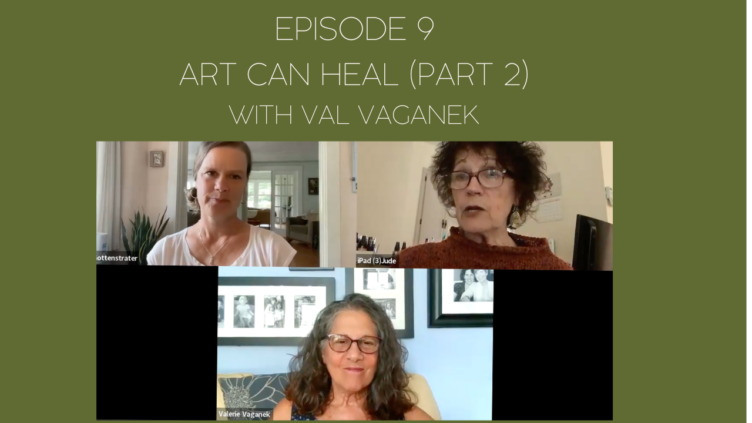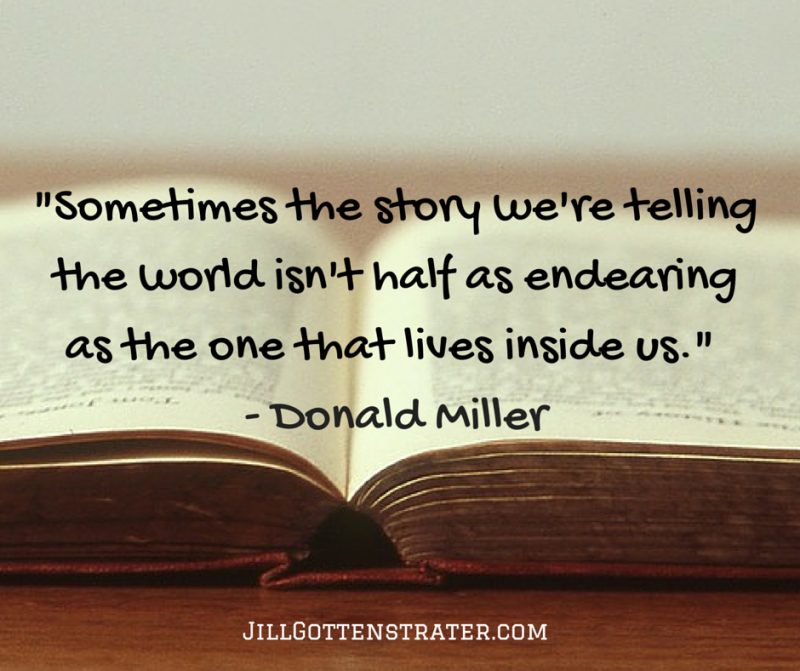Episode 9: Art Can Heal (Part 2) – An Interview with Val Vaganek
Listen on Apple Podcasts | Spotify | Google Podcasts | iHeart Radio | Amazon Music
In part 2 of Art Can Heal, Mama Judy and I talk with Val Vaganek and look at ways art has helped her overcome trauma and how it continues to. (Info for part 1 here.)
Using objects from her life that previously triggered painful emotions, Val reshapes their significance with her art. The trauma these “artifacts” represent may not have been thoroughly verbalized, but art has provided the voice and empowered a sense of self in Val to confidently move forward in healing. This safe space is where she allows triggered emotions to surface for examination and where she repurposes them to her design.
Val’s Instagram profile features the quote, “Our issues are in our tissues”, which touches on her understanding of how our traumas are stored in our bodies. She says one of the most powerful ways to experience relief from trauma is through somatic experience. By physically rearranging the items she views as representing pain, her body is engaged in the creative process of rewriting her narrative. So, body and mind are joined in this creativity, which she aptly describes as “cathartic”.
This discussion really opened our eyes to the power of art to overcome. And, while we already appreciated art’s healing influence in our own experiences, that appreciation has been magnified by hearing Val’s story.
Listen now!
Click here to listen on Apple Podcasts
Click here to listen on Spotify
Click here to listen on Google Podcasts
Click here to listen on Amazon Music
Click here to listen on iHeart Radio
Come say hi over on Instagram:
>> Val Vaganek Instagram
>> Mama Judy Instagram
>>Jill Instagram
Resources mentioned in this episode:
Soul Collage


